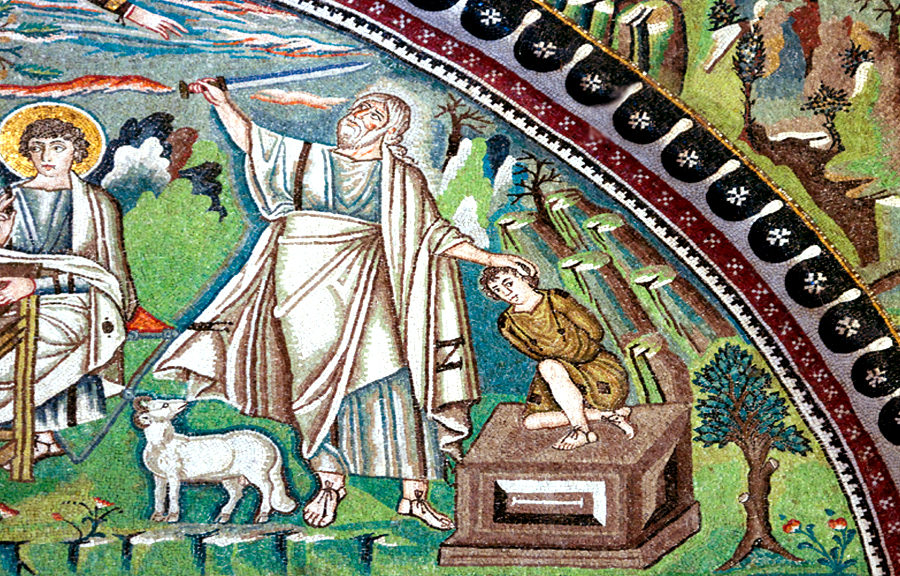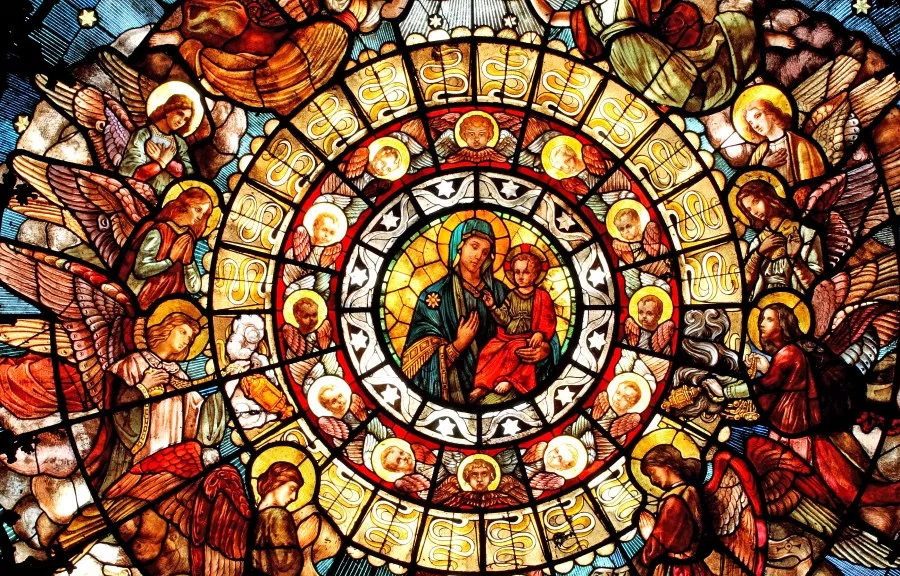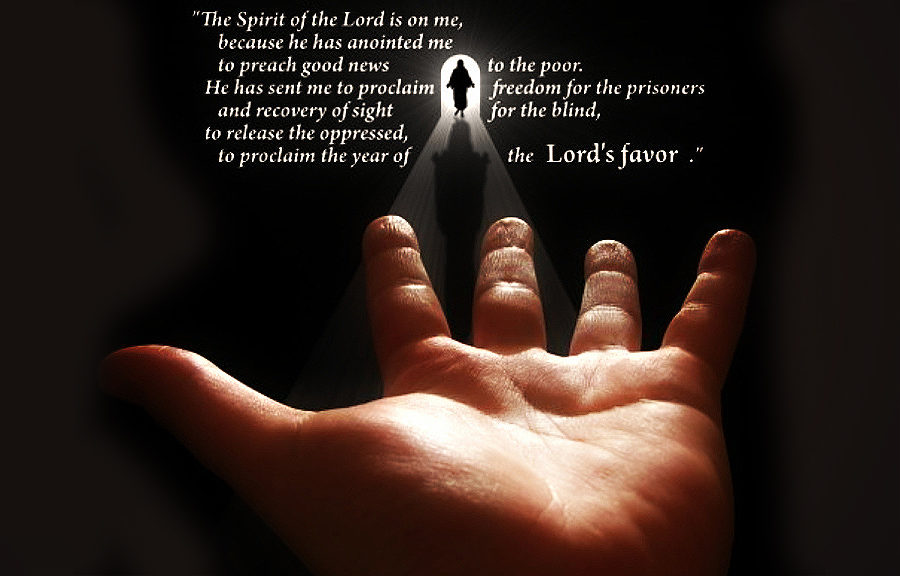Reflection for Forest Sunday
Trees and Jesus: As I reflect on the intersection of our forest theme, the story of Jesus, and the environmental concerns of the Seasons of Creation, it strikes me that there is a tragic interconnection between the death of Jesus, the cutting down of the tree from which the cross was made, and the destruction of forests that has such a devastating impact on the environmental health of earth.
All three actions are violations of creation, humanity and the Creator.
Jesus was one of many who were executed by the Roman Empire through the barbaric torture of crucifixion.
Thousands of people were executed by crucifixion, including 6,000 followers of Spartacus.
So a forest of trees died with those who were so abused by the forces of empire, even given that the main uprights of the crosses were sometimes permanent fixtures in a place of execution.
Let’s draw the comparison with deforestation today.
According to a National Geographic article on the internet, forests still cover 30% of the earth’s surface, but a swathe half the size of England is lost every year.
A Scientific American article reports that 80,000 acres of tropical rainforest are lost daily, with a further 80,000 acres badly degraded.
These rich and beautiful ecosystems maintain climate and are home to 50% of the world species, as well as providing ingredients for a quarter of modern pharmaceuticals.
Yet only 1% of rainforest plants have been tested for curative properties, so we’ll never know what we’ve lost.
Jesus the healer died because the servants of empire didn’t know what they were doing; the tree he was nailed to died too along with thousands of other trees and people in the Roman Empire; today potential healing built into the rich gift of forests is being killed off, and we don’t even know what we are losing.
Jesus as carpenter: Another connection between Jesus and trees, and Jesus and creation is suggested by his sharing in the carpentry of his human father Joseph; this is a human parallel to Christ’s sharing in the work of the Creator God.
Jesus as carpenter is an endorsement of human creativity made in the image of God’s creativity.
However, using dead wood perhaps suggests a human diminishment of the life generating creativity of the Creator.
Somehow even in positive of human activities, there is a damaging aspect.
Trees need to be cut to provide wood for carpentry, and a carpenter may well be asked to create buildings and carts that support war.
Trees in Scripture: Trees that figure in the gospels include figs, olives, sycamore and palms.
Zacchaeus climbs a sycamore tree to see Jesus: it is claimed that that tree still exists, and a photo of it is on the internet.
Jesus saw Nathanael under a fig tree, because that was a traditional place for rabbinic teaching. Hence Jesus’ cursing of the fig tree that doesn’t bear is actually a metaphorical critique of traditional religious teaching.
Because of their long lives and ability to regenerate, trees were often seen as metaphors of resurrection, and new creation.
In Ezekiel’s vision of the city of God, in 47:12, there grow “all kinds of trees for food. Their leaves will not wither, nor their fruit fail, but they will bear fresh fruit every month, because the water for them flows from the sanctuary.
Their fruit will be for food and their leaves for healing.” In Revelation 22:2, another vision of the Holy City includes the tree of life: “On either side of the river is the tree of life with its 12 kinds of fruit, producing its fruit each month, and the leaves of the tree are for the healing of the nations.”
These visions connect with the descriptions of the Garden of Eden, which contains two spiritually significant trees, the tree of life in the middle of the garden, and the tree of the knowledge of good and evil.
Some insights from the bible study of the second creation story: The study looks at Genesis 2: 15 as a commission to care for the earth. The phrase translated “to till it and keep it”, could be translated as “to serve and to preserve”. This is humanity’s responsibility for creation.
The next insight is with regard to the place of the feminine in the story.
Whereas the first story of creation in Genesis 1 has God creating male and female in God’s image, hence in equality, Genesis 2 has the problematical story of woman being created out of man’s rib, created as a companion for man, and created after man has named the creatures, which to some suggests a subservient, non-rational role for women.
However, the study emphasizes that the creation of woman is the climax of the story, and that she represents the next generation, “flesh and bone from the flesh and bone of the first human”. This is still problematical, given that the next generation is born out of the body of women, not men!
However, the study also emphasizes that the name for “earth”, adamah, is the feminine form of the word adam, human being, so we are all born from Mother Earth, and when God is seeking kin for Adam, he creates creatures, so we are all kin in Earth’s family.








